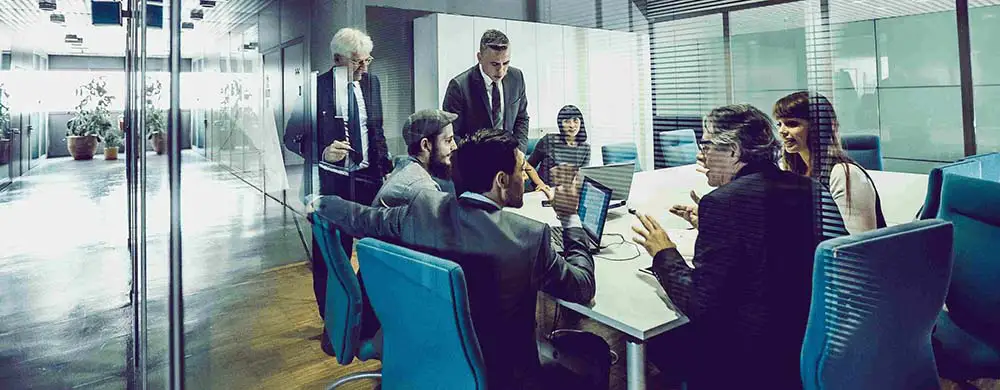The global workplace has probably never seen such huge changes as it will see over the next few years – and even the most savvy workspace manager will have plenty to learn.
The good news is that worker empowerment, good mental health and streamlined operations are high on the agenda, thanks to increased uptake of rapidly-evolving meeting room booking software in offices around the world.
We’ve identified 5 of the most significant trends in the modern workplace – and how they will affect you.
- Up-skilled FM managers in demand
Facilities managers have become increasingly professional in the last ten years, and a new report suggests they are becoming even more so.
Hays Recruiting in Australia predicts that the first half of 2019 will be highly active for facilities management recruitment, but the focus will be on securing professionals who can deliver greater value.
As a result, FM practitioners will need to work hard to add to their skills – and the results worldwide could be impressive.
In my opinion, FM has the potential to be an important catalyst for change in the workplace if it is elevated to the level where the big decisions are being made that impact so many aspects of life at work.
Only the right talent joining the FM community – and adding to its skill level – can make this a reality.
- More generations in the workplace
We used to talk about millennials – but now it’s all about Gen Z. Incredibly, the oldest of this generation are now 23, and making a real impact in the workplace with their very particular demands.
They’re expected to make up 36% of the global workforce by 2020 – and in the US alone, there are around 61m of them, according to CNBC.
In addition, elder workers are delaying retirement and staying at work longer – and having so many generations in the workplace creates demands of its own.
Each generation prefers to work in particular ways – younger workers, for instance, are less formal in their approach – and well-organised offices will use easily-accessible meeting room booking software to make sure everyone has the working environment that suits their preferences.
- Even more remote-friendly workplaces
It’s no surprise that desk booking will continue as a trend in 2019/20 – it’s been one of the strongest movements in global workplaces for a number of years.
Desk booking aids productivity and worker wellbeing by giving employees a sense of control over their environment, which is a win-win for everyone.
Forbes points out that remote working is no longer a privilege – it’s a way of life for around half the US population.
But it also points out that solo working can be lonely, with many offices getting workers to come in at least one day a week.
Many busy offices are implementing desk and meeting room booking software to make sure they can locate and book the room or desk they need via an app. It means when they do pay a visit, everyone can sit straight down and get on with their job.
In this mobile environment, video conferencing and AV are increasingly important; meeting room booking software makes conferences easy to organize even across time zones, automatically updating everyone involved if there are any changes.
- Data analytics and workforce knowledge fuel streamlined operations
Office management technology with meeting room booking software is putting new levels of information at the fingertips of FMs and office owners.
Comprehensive reporting is taking the guesswork out of understanding how workspace is actually being used – it’s often used in conjunction with occupancy sensors, and can make sure rooms and desks not being used as booked are released back into availability.
While these technologies monitor workspace, not workers, a growing number of enlightened companies are also (with permission) using health tracking devices like the Apple Watch to contribute to employee wellness programmes.
- Human/AI integration
We’ve soothed our 2018 nerves a little when it comes to AI – apparently we’re no longer quite so worried that robots will steal our jobs.
Instead, workplaces are taking a good look at how to combine the talents of human workers with the ability of AI to remove the burden of mundane tasks; chatbots are one example.
In this collaborative and innovative environment, meeting room booking software will be providing a backbone of useful data so office managers can make informed decisions and plan future moves.
Anything else?
Of course – the workplace is genuinely undergoing a transformation, everywhere in the world.
Some are testing whether a four-day week can boost productivity and wellness; others are shedding offices altogether and going for co-working spaces instead.
It’s quite a wild rollercoaster ride. But luckily, one thing is for sure; no matter how fast the workplace moves along, workspace technology will meet its changing demands – and employers and employees everywhere will benefit.
